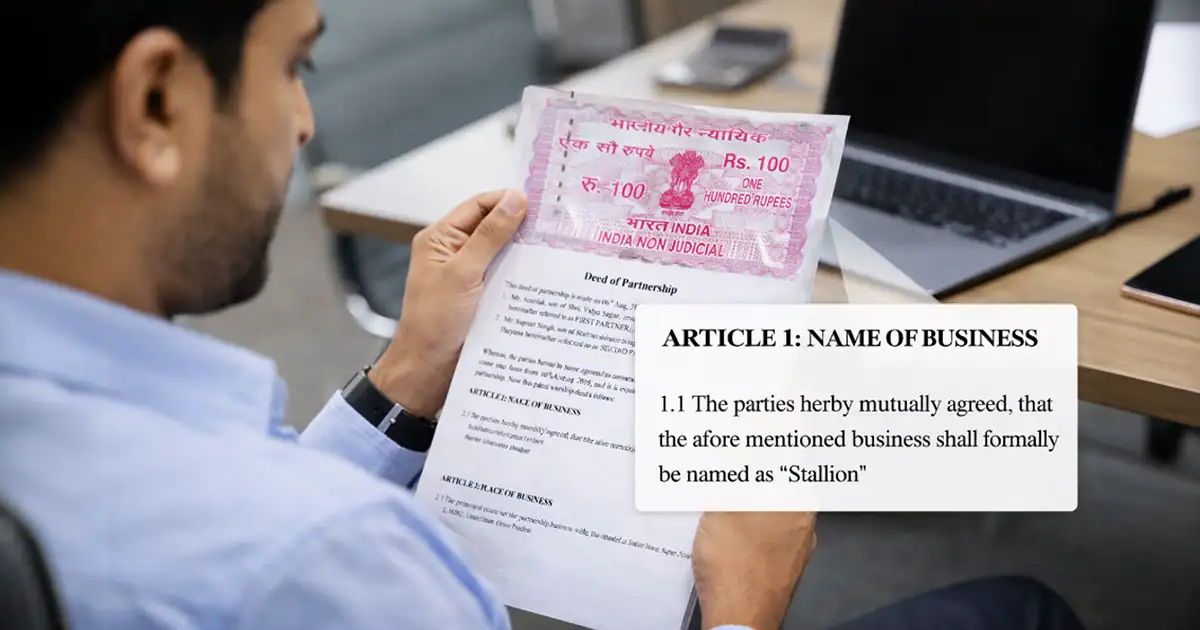Registration of a Geographical Indication is crucial for effective protection and enjoyment of its benefits. While not strictly compulsory to sell a product, registration is essential to enforce rights against infringement.
Rights as a Registered GI Holder
Upon successful registration, the registered proprietor of the geographical indication and its authorized users gain significant rights:
- Exclusive Right of Use: Only authorized users from the specified region who adhere to the defined standards can use the GI tag.
- Right to Obtain Relief Against Infringement: GI holders can initiate legal proceedings to prevent others from misusing the GI or selling goods under that GI without proper authorization. This can include obtaining injunctions and claiming damages.
- Collective Marketing and Branding: The registration fosters collective efforts among producers to market and promote their product, building a stronger brand identity.
Note: Only producers from the registered geographical region can become “authorized users” of the GI, and they must apply separately to obtain this status.
How to Renew Your GI Tag Every 10 Years?
A GI registration in India is valid for 10 years from the date of application. It can be renewed indefinitely for further periods of 10 years by filing an application in the prescribed manner and paying the renewal fee.
The Registrar sends a notice to the registered proprietor or authorized user before the expiration date. If the renewal fee is not paid, the GI may be removed from the register, though there is a grace period with a surcharge to restore the registration.
What is GI Infringement and How to Fight It?
GI infringement occurs when a person, not being an authorized user, uses a registered geographical indication in a way that suggests the goods originate from the true place of origin when they do not, or misleads the public. This includes:
- Using the GI in a way that causes confusion or constitutes unfair competition.
- Using translations or phonetic imitations of the registered GI.
- Any unauthorized use that misleads the public about the true origin of the goods.
As per Section 22 of the Geographical Indications of Goods (Registration and Protection) Act, 1999, these acts of infringement are clearly defined and punishable under the law.
To fight infringement, a registered GI holder can:
- Institute legal proceedings: File a suit in a competent court for infringement.
- Seek injunctions: Obtain court orders to stop the infringing activity.
- Claim damages: Seek monetary compensation for losses incurred due to the infringement.
Note: Infringement cases must be filed in a District Court that has proper jurisdiction.
Strict Penalties for Misusing a GI Tag in India
The Geographical Indications of Goods (Registration and Protection) Act, 1999, provides for strict penalties for applying false geographical indications or misusing registered GIs. Section 39 of the Act outlines penalties for:
- The falsification of any geographical indication.
- The false application of any geographical indication to goods.
- The creation, disposal, or possession of any instrument used for falsifying a geographical indication.
These offenses can lead to imprisonment up to 3 years and/or fines, emphasizing the serious legal consequences of GI misuse.










